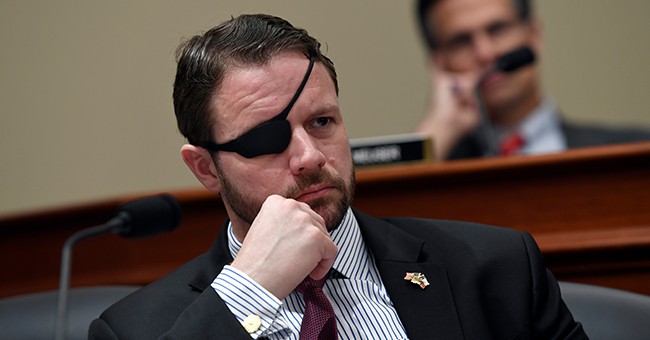
Rep. Dan Crenshaw, R-Texas, left, listens as Office of Management and Budget Acting Director Russell Vought testifies before the House Budget Committee on Capitol Hill in Washington, Tuesday, March 12, 2019, during a hearing on the fiscal year 2020 budget. (AP Photo/Susan Walsh)
Rep. Dan Crenshaw (R-TX) joined Fox News‘ Judge Jeanine on Saturday night to discuss opening up the economy.
We’ve got to balance fighting the pandemic alongside of fighting our economic downturn and it’s going to be hard, but I’ll tell you what. Houston has been through very hard times. Let’s not forget Hurricane Harvey with our entire city flooded and you know our hospitals are uniquely suited to disasters. Our hospitals are doing well. They’re not even close to being overwhelmed at all.
Our case rates are not growing exponentially. They are growing, of course, but we aren’t like New York…
And then we’ve got to be looking ahead…at how we open up the economy and take a more targeted approach to fighting the pandemic. I think too many people talk about a binary choice between letting the disease run free and closing down society for – for indefinitely. But it’s not a binary choice. We can do both and we have to think very carefully about how to do that.
Judge Jeanine said it’s a very difficult call and compared it to putting a thread through a needle. New York has been hit so hard and other areas have barely been impacted by the coronavirus. She asked Crenshaw how that should factor in to reopening the country and what happens if there’s disagreement between the President and a governor or even between, say, New York Gov. Andrew Cuomo and NYC’s Mayor Bill de Blasio.
Crenshaw replied, “Those decisions have to be localized and decided at each state. You know we can problem-solve. Disaster preparedness is managed by states and localities. It’s always been like that and we have to remember how our system works and how federalism works.”
The Congressman from Texas is right to point that out. Because so many Americans see this as a choice between the two. The country can either continue in nearly complete lockdown and we can prevent as many people from contracting the disease as we can at the cost of unprecedented rates of unemployment. Or we can open up the economy regardless of how many Americans may die.
Crenshaw emphasizes this is not an all or nothing choice. Nor is President Trump necessarily in charge of making one blanket decision for America. He points out how each country within the European Union, which he notes is roughly equivalent in size to the US, will take a different approach in reopening their economies. Some obviously have been more hard-hit than others. Italy and Spain will necessarily have different plans than, say, Poland.
The Democrats, for political reasons, would like to keep the economy closed for as long as possible. My colleague Bonchie posted here about House Speaker Nancy Pelosi’s comments to Politico.
Speaker of the House Nancy Pelosi told Politico Friday that she is considering keeping the House of Representatives out of session longer than the April 20th return-from-recess date, and may not bring Congress back until well into May — and she’s warned President Donald Trump to keep the country under lockdown even longer.
Those who believe the economy should be shut down indefinitely know that the longer it remains closed, the more damage that will be done to the economy. The worse shape the economy is in, the lower President Trump’s chances of reelection will be. They also know that once he does make the decision to open up the economy, they can (try to) make him responsible for the deaths which will surely follow.
In a recent podcast, First Trust Portfolios chief economist Brian Wesbury focused on quantifying, obviously in rough terms, the damage the shutdown has done to our economy. I posted about this here.
He explained that a certain percentage of businesses will not reopen at all. The longer the economy remains closed, the greater the number of businesses that will never reopen becomes. Those businesses represent pieces of our economy. For example, Wesbury said,
If we were to open up, say on Easter, we would probably lose 3%, 4% of our businesses. So, we would open up with 97%, 96% of our economy…There are restauranteurs who are just done. They’ve closed their businesses, they’ve said they will never reopen them again.
So, if we were to open up at the end of April instead of Easter, we’d probably have 92% of our economy left. At the end of May, 85% of our economy left. At the end of June, 75% of our economy left. And the whole point I’m getting to here is that the longer we stay shut down, the longer it will take to come back.
(Wesbury’s remarks can be viewed here.)
Let’s say the shutdown ends at the end of April and that 8% of small businesses are unable to reopen. That number represents millions of Americans who only recently were running thriving businesses, and will soon be thrown into an economic abyss. Not only does this affect their finances, but their well-being, their marriages, and their children. These are the unintended consequences that are being discounted by those recommending “blanket” quarantines.
Rep. Crenshaw is right. We can fight the disease and fight the economic downturn at the same time. We need to implement a more targeted approach. Those who are most at risk, the elderly, and those with weak immune systems or other underlying issues, should absolutely remain in self-quarantine. The rest of us will continue to take every precaution possible. But this all or nothing strategy, understandable for the short term, can’t go on indefinitely. The costs will be too high.
(Relevant segment begins at 29:30)
https://www.youtube.com/watch?v=V_gKyK851nM
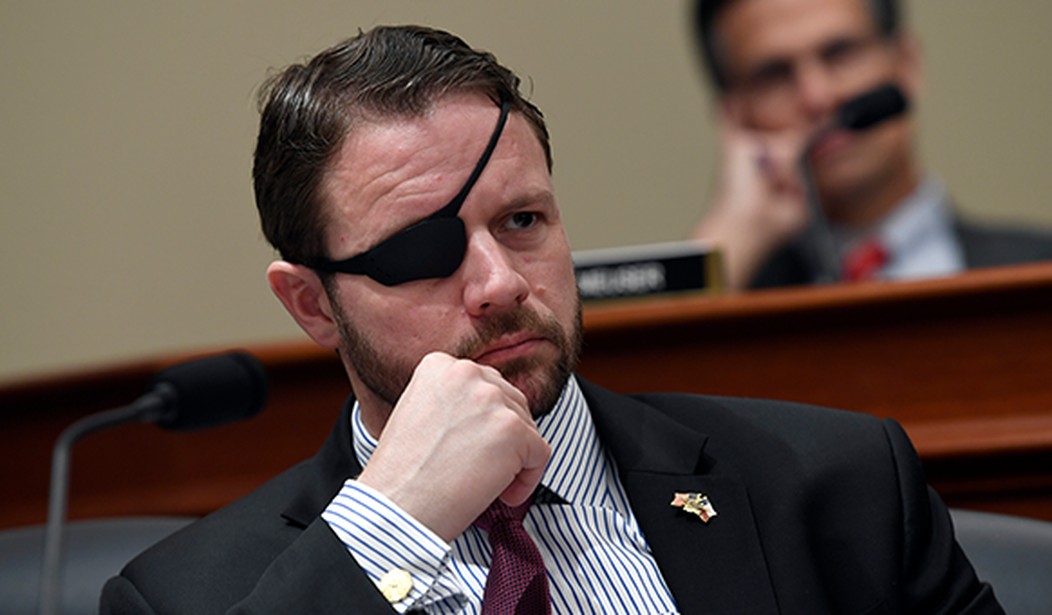
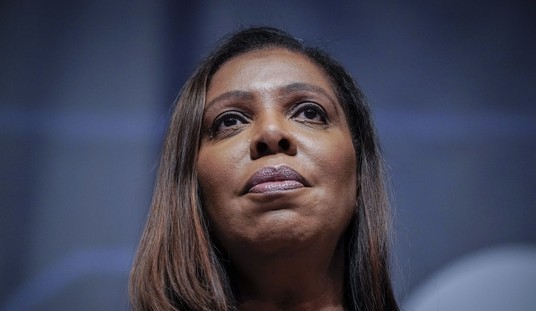






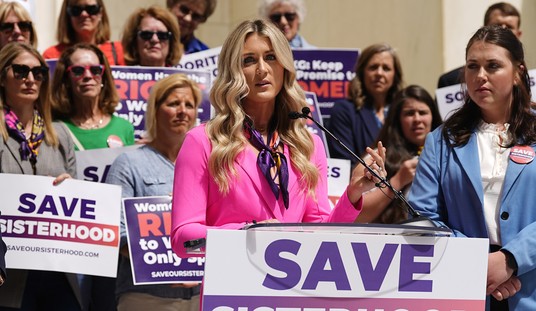

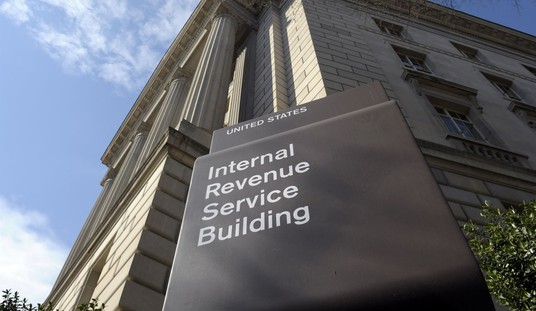




Join the conversation as a VIP Member